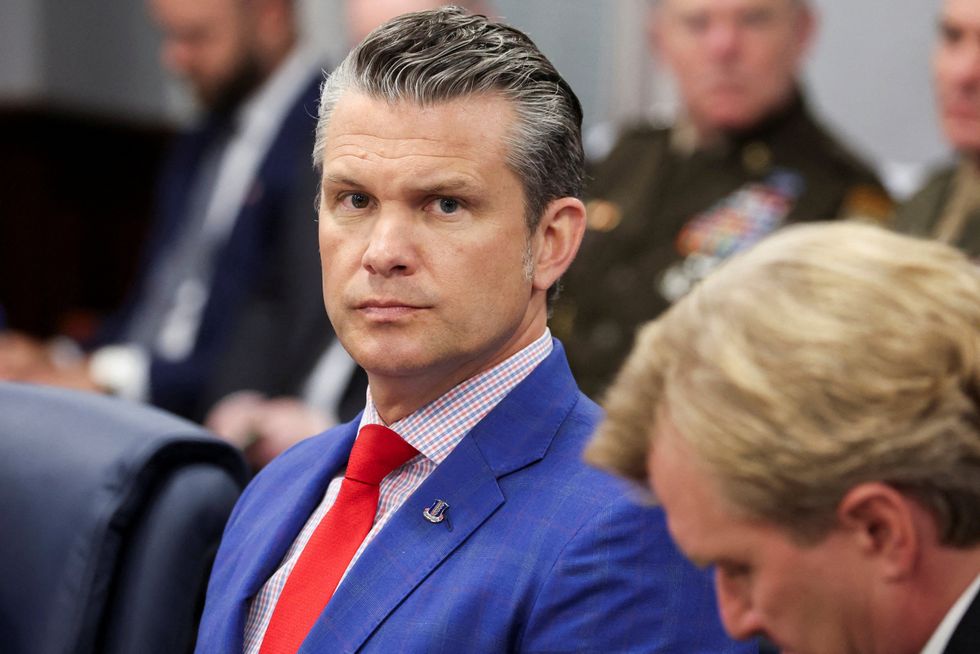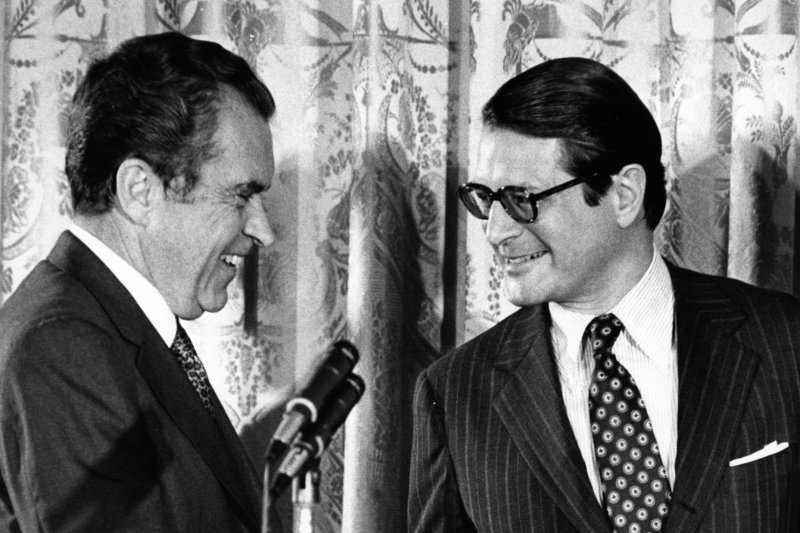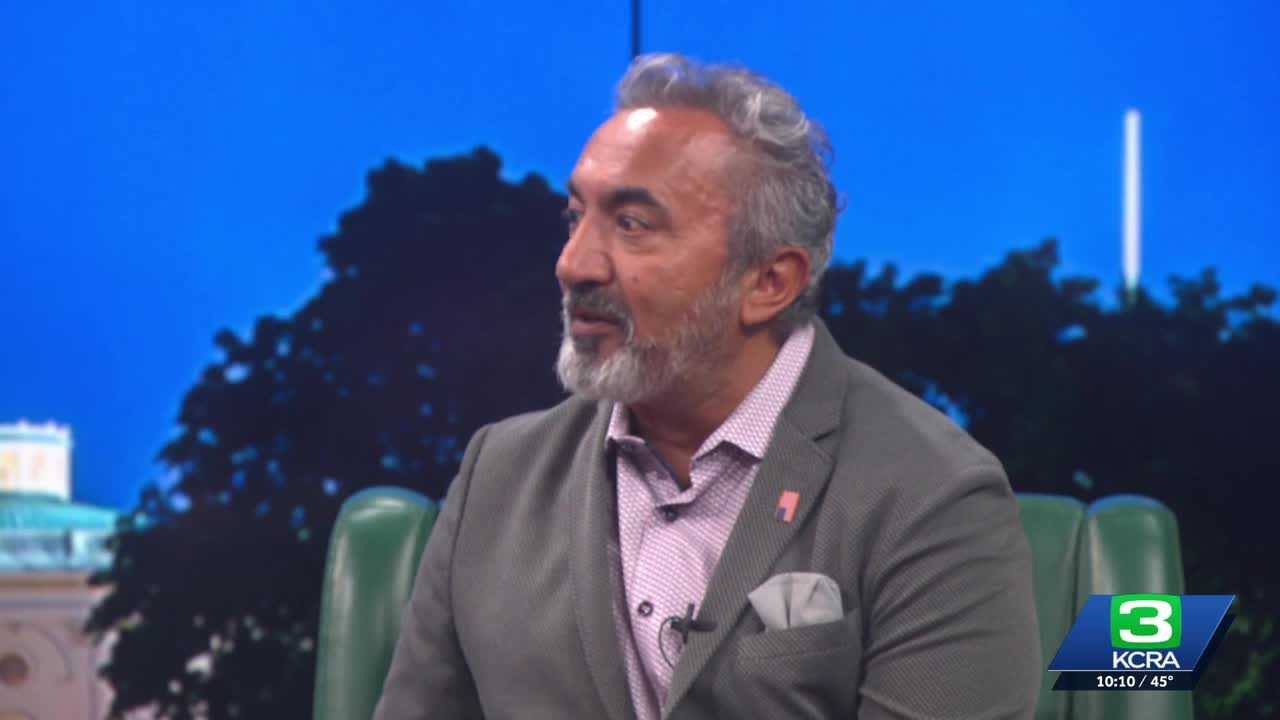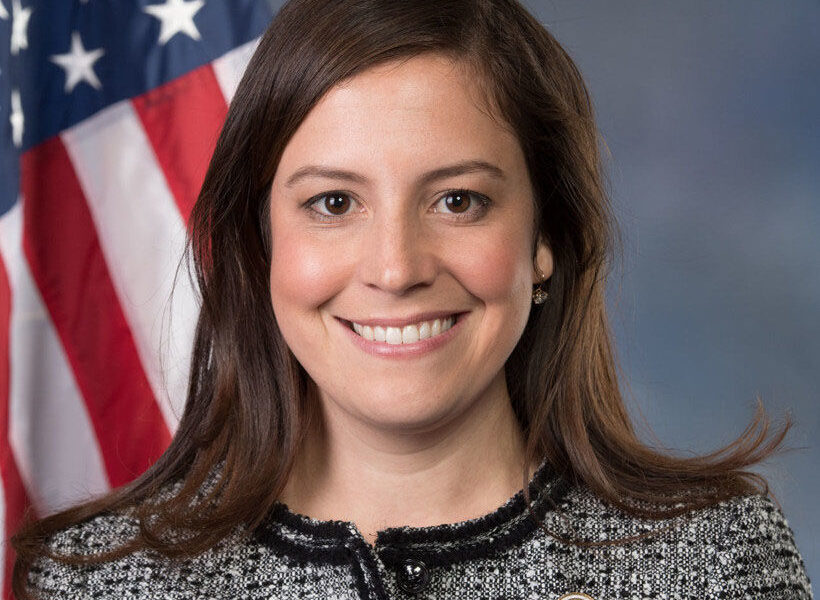U.S. Defense Secretary Pete Hegseth faced backlash over the weekend following a controversial statement in which he expressed a desire for closer relations with China. During a social media post, Hegseth declared, “God bless both China and the USA!” This comment, made on Saturday, has drawn criticism from various political observers across the spectrum.
In his post, Hegseth detailed a new diplomatic approach towards China, traditionally viewed as a competitor by the U.S. administration. He stated, “I just spoke to President Donald Trump, and we agree — the relationship between the United States and China has never been better.” He referenced a recent meeting with China’s Minister of National Defense, Admiral Dong Jun, in Malaysia, highlighting discussions around peace and stability: “The Admiral and I agree that peace, stability, and good relations are the best path for our two great and strong countries.”
Hegseth’s remarks included references to Trump’s previous engagements with Chinese leadership, particularly a historic meeting with Xi Jinping in South Korea. He emphasized plans for military-to-military channels to address potential conflicts, reiterating, “God bless both China and the USA!”
The reaction to Hegseth’s comments was swift and critical. Adam Kinzinger, a former Republican lawmaker, responded with a quote from George Orwell’s “1984,” implying that the U.S. was ignoring clear threats. He also shared a meme that read, “fell for it again,” underscoring a sentiment of disbelief among some conservatives.
Social media users, particularly those aligned with Trump supporters, also voiced their disapproval. A post from the platform “I Love America News” featured a meme with the Chinese leader appearing to read Trump’s book, “The Art of the Deal,” suggesting a mocking tone regarding Hegseth’s remarks.
Further criticism came from Gary P. Nabhan, who questioned Hegseth’s approach, asking, “How will you deconflict when China invades Taiwan? Or have you already signaled China that you won’t oppose the invasion?” This pointed inquiry reflects broader concerns about the implications of Hegseth’s statements on U.S. foreign policy regarding Taiwan.
Analyst Michael D. Swaine from the Quincy Institute expressed skepticism about Hegseth’s optimism, stating, “All problems and bad blood gone, poof. A couple of meetings and all is well.” He criticized the oversimplification of complex international relations, highlighting the ongoing tensions that have characterized U.S.-China interactions.
Adding to the discourse, podcaster Spencer Hakimian remarked on Hegseth’s comment, suggesting that it reflects a troubling tendency to overlook serious geopolitical challenges.
As reactions continue to unfold, Hegseth’s comments underscore the complexities of U.S.-China relations and the delicate balance required in diplomatic discussions. The mix of ridicule and concern from both supporters and opponents illustrates the contentious nature of foreign policy in an increasingly polarized political landscape.







